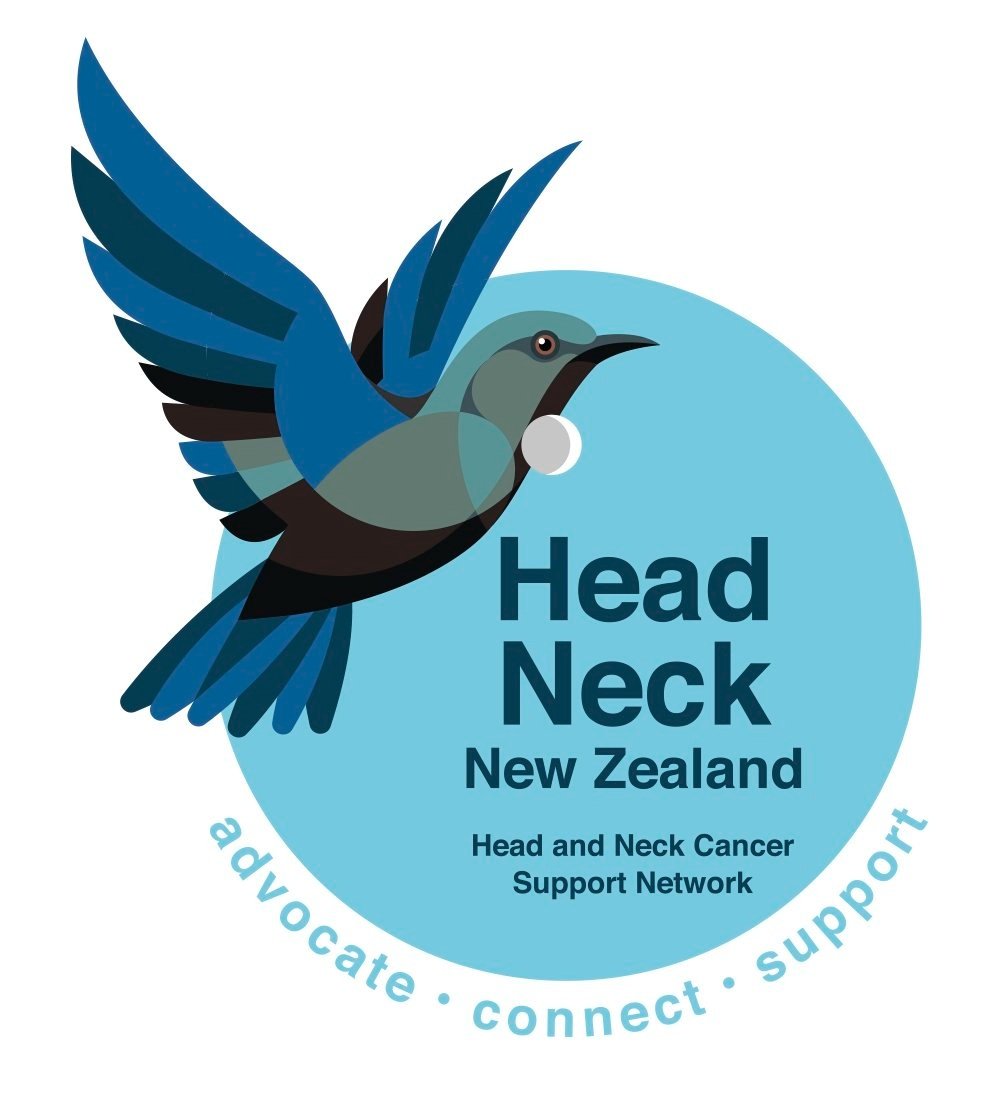Light Keepers:
A caregiver's toolkit
“Dedicated with gratitude to those who, with love and care, keep the light in the darkness.
The Lightkeepers Toolkit is lovingly dedicated to all the carers and whānau who walk alongside those affected by head and neck cancer. Your quiet strength, unwavering support, and deep compassion light the way through some of life’s darkest moments. This resource exists because of you, and for you.”
Kia ora and welcome to Light Keepers: a caregiver’s toolkit.
This toolkit is here to support you and your loved one.
It’s filled with practical ideas, shared wisdom and encouragement to help you care for your loved one, and look after yourself too.
We know this journey can sometimes be overwhelming, so we’ve designed this toolkit to be practical and flexible. You can dip in and out whenever you need to or explore it all in a few hours, or whatever works for you.
If you are looking for something specific, we have a search function at the bottom of the page.
In this toolkit, you will find:
1. The basics of head and neck cancer, diagnoses and treatment plans/options.
2. How to know your way around the New Zealand healthcare system and what support is available.
3. How to support your loved one physically and emotionally.
4. How to talk more openly and confidently with your loved one and with the healthcare team.
5. How to take care of yourself and manage the stress that caregiving can bring.
Curious? If you are looking for something specific, please use our search function below.
If you want to personalise your toolkit, you can sign up here and watch your progress through all five stages of the toolkit course and lessons.

Light Keepers: A caregiver's toolkit
-
Part One Understanding the basics of head and neck cancer
-
Part 1A What is head and neck cancer?
This section is a brief introduction to head and neck cancer to provide you with an understanding of where your loved one fits in to a range of head and neck cancers.
-
Part 1B What are we dealing with?
In this part of our guide, you will learn more about the cancer your loved one is affected by, and recognise the stages and progression of head and neck cancer and the impact on patients' daily lives.
-
-
Part Two: Navigating the System
-
Part 2A Navigating the Healthcare System in Aotearoa New Zealand: Diagnosis and treatment
You may feel lost in the system as you and your loved one are overwhelmed by a diagnosis.
We understand that feeling of being alone in a complex health system.
-
Part 2B Follow up and survivorship
In New Zealand, the healthcare system for head and neck cancer patients is managed primarily through the public healthcare system, which is funded by the government and provides services either free or at a reduced cost. Here’s an overview of how the system works for head and neck cancer patients, from diagnosis through to treatment and support.
-
-
Part 3: Providing practical help and support
-
Section 4: Using Effective Communication Skills with Patients and Healthcare Providers
-
Section Five: Recognise signs of caregiver stress and burnout, and understand the importance of self-care.
-
Part 5A Maintain Self-Care and Manage Caregiver Stress
Approaches for providing emotional support, including understanding common psychological challenges, such as depression and anxiety, that head and neck cancer patients may experience.
-
Part 5B Caring for Carers – Head and Neck
Approaches for providing emotional support, including understanding common psychological challenges, such as depression and anxiety, that head and neck cancer patients may experience.
-
-
Our thanks to you
Meet your Head and Neck Cancer Support Network Trust team team
✳
Meet your Head and Neck Cancer Support Network Trust team team ✳
DIANA
Dear Caregivers,
We know that when a loved one is diagnosed with head and neck cancer, your world changes too. You face new challenges—uncertainty, worry, and the deep desire to provide the best care possible. That’s why we created this Caregiver’s Guide—to support you as you support them. Inside, you’ll find practical advice, reassurance, and resources to help you navigate this journey. You are not alone. Your love and dedication make a difference every day, and we are here to walk alongside you. Thank you for all you do.
With care and gratitude,
The Head and Neck Cancer Support Network Trust
Head and Neck Cancer FAQ
-
Caregivers want to understand the stage, type, and severity of the cancer. See What is Head and Neck Cancer?
They ask about survival rates and how effective treatments like surgery, radiation, and chemotherapy will be. See What are we dealing with?
-
Caregivers are concerned about side effects such as difficulty swallowing, speaking, eating, and breathing. See What can I do to help?
They want to know how pain, fatigue, or emotional distress will impact their loved one.
They ask about rehabilitation, nutrition, and speech therapy needs.
-
ICaregivers need guidance on practical aspects like managing appointments, medications, and feeding tubes.
They seek advice on providing emotional support without overwhelming their loved one.
See Communicating EffectivelyThey want to connect with support groups, palliative care, and community resources. See Maintain Self Care and Manage Caregiver Stress



